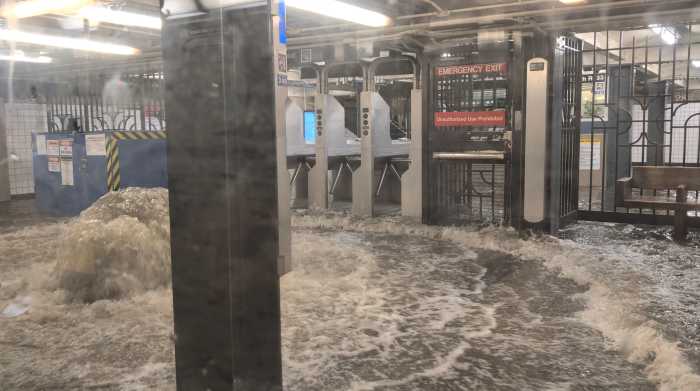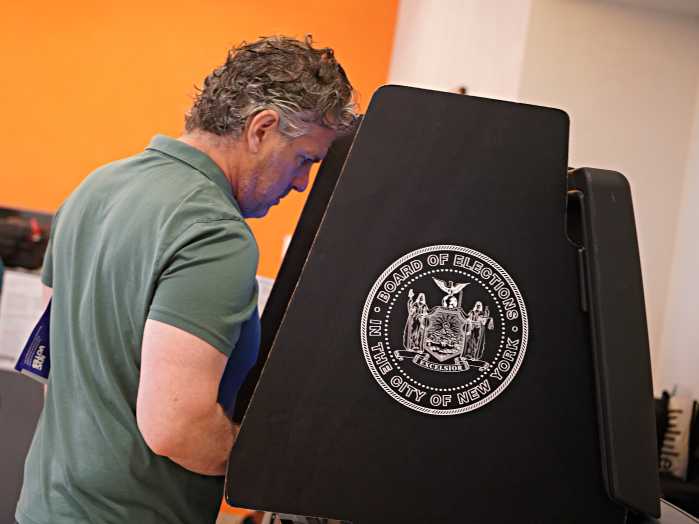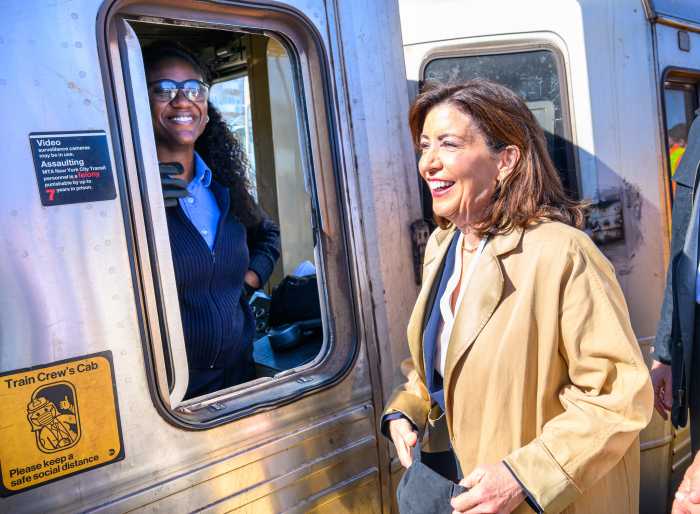My wife and I were among the thousands as the nearly full 80,000-seat Stade de France in Paris for the France-Germany soccer game when a loud explosion behind us interrupted the good-natured cheering about 15 minutes into the match. I thought at first that it was a firecracker — a very big one — because it seemed so close. What I had actually heard was a suicide bomber blowing himself up outside the stadium several hundred yards and several levels below our seats. Two more explosions and two more suicides would follow.
There was no announcement, and the game went on — although, we learned later, French President François Hollande was quietly evacuated. I couldn’t get on to the Internet on my cellphone, and because most people stayed in their seats, I decided it wasn’t a big deal. But my wife noticed that a number of people in our section left at halftime and didn’t return, even though the score was only 1-0 in France’s favor. I finally got a text message during the second half mentioning the explosions at the stadium and the shootings in Paris. The death toll had reached 20, just a fraction of the more than 125 that would result from the coordinated terrorist attacks that hit several sites in the French capital.
We have made Paris our home for the past four years after several decades in New York, and we are acutely aware of its (and our) vulnerability. Just 10 months ago, terrorists killed 12 in an attack on the offices of the satirical weekly Charlie Hebdo. Several others were killed a day later in an assault by a gunman on a kosher supermarket.
But if those attacks were motivated by identifiable (and unjustifiable) political or religious reasons, the ones on Friday night are more frightening for their nebulous focus. They were more than reactions to perceived religious insult or expressions of crude anti-Semitism. The targets were diffuse, undifferentiated — random victims selected simply for their availability.
Even more frightening is that France was already on high alert. Some months ago, while researching a book on my Haitian family’s Jewish roots, we took a walking tour of the 9th arrondissement, which adjoins the 10th, where most of the killings took place. In the aftermath of Charlie Hebdo, we were struck by the conspicuous presence of armed soldiers posted at identifiable Jewish institutions, synagogues and media companies.
We have also noticed more careful attention at the borders. On a trip to London last month, our U.S. passports were not enough. For the first time, we were asked to show our residence permits, roughly equivalent to green cards. And on a trip to Florence in the spring, the return night train was halted for several hours at the Swiss border for a check of papers of every passenger. A young Arab man and a south Asian man in our six-compartment coach were taken off the train.
There is no guarantee against terrorism. We still love Paris, and we hope that it will regain its exuberant and graceful approach to life. But the major stores were closed Saturday. Authorities have urged Parisians to stay home. A gathering to celebrate a visiting friend was canceled. So was a lecture at the Sorbonne I planned to attend. Parisians will inevitably eye each other with heightened suspicion. La belle vie seems more like a wish today than reality.




































